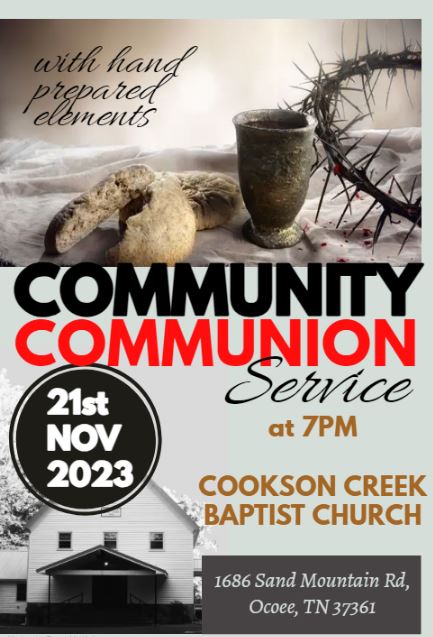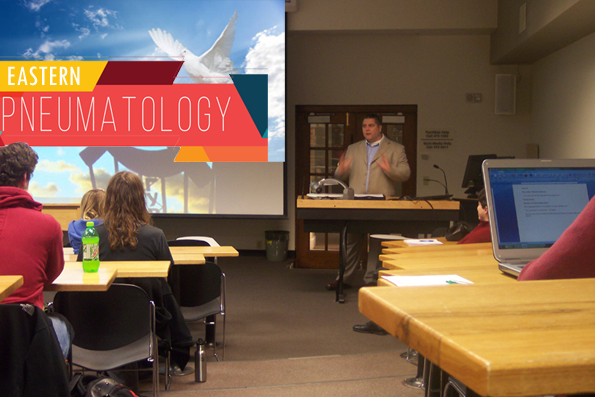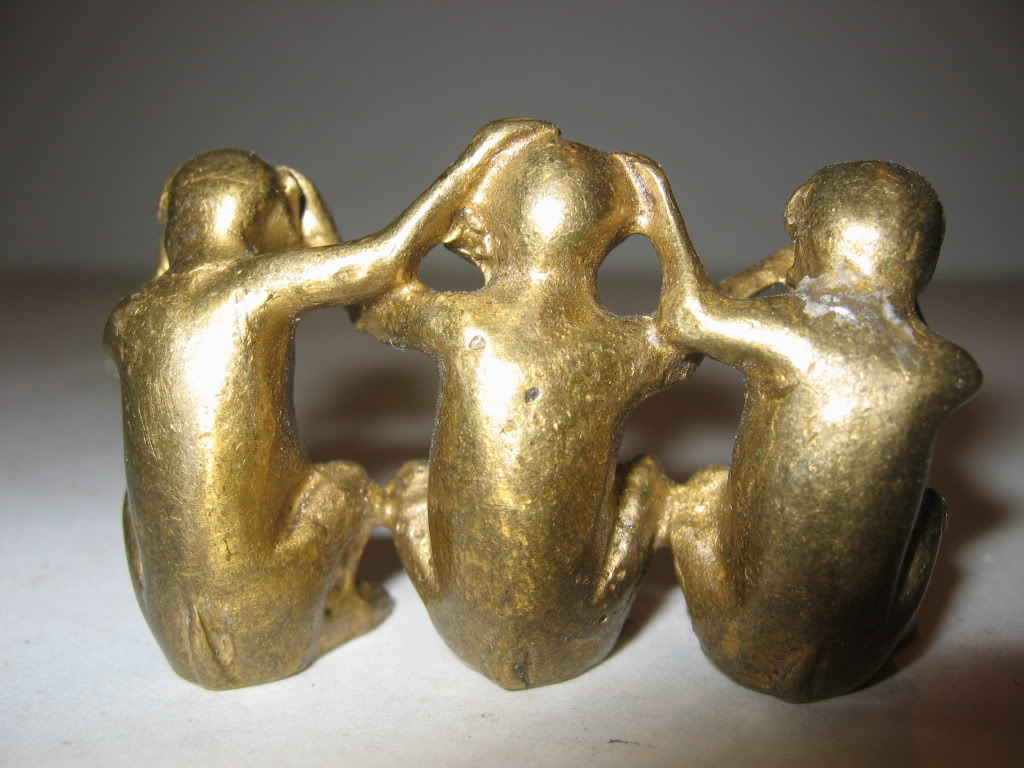Bulgaria’s “new” caretaker cabinet takes oath before October 27 early elections
The second Dimitar Glavchev caretaker cabinet took the oath of office in the National Assembly on August 27, hours after President Roumen Radev signed the decree naming October 27 as the date of Bulgaria’s next early parliamentary elections.
The special sitting of the National Assembly for the swearing-in, called during Parliament’s recess, lasted just eight minutes, including the oath-taking and playing of the Bulgarian and European Union anthems.
Glavchev will head an interim government with just three personnel changes compared with the one that took office in April and that subsequently underwent minor changes.
Controversial figure Kalin Stoyanov is out as caretaker Interior Minister, but his successor in that portfolio, national police chief Atanas Ilkov, has been described by some parliamentary groups as similarly serving Movement for Rights and Freedoms (MRF) co-leader Delyan Peevski.
Peevski said last week that were Stoyanov excluded from the next caretaker cabinet, he would place him on his list of parliamentary election candidates.
The other changes in the second Glavchev cabinet are deputy foreign minister Ivan Kondov taking over the Foreign Minister portfolio, until now held by Glavchev, and Transport Ministry legal department head Krassimira Stoyanova taking over the Transport Minister portfolio from Georgi Gvozdeikov.
The October 27 elections will be the seventh time in just more than three years that Bulgarians elect a legislature. Only two of those elections produced an elected government, neither of which served a full term in office.
Polk Revival Announces Community Communion before Thanksgiving
November 20, 2023 by Cup&Cross
Filed under Featured, Missions, News, Publication

After some two months in services, Polk Revival has announced a Community Communion before Thanksgiving. Initially 7, now 8 churches and multiple ministries across Polk County, TN have set to seek after the will of God for revival in their area after the pandemic. The revival has gone on now two months each week changing to another of the original seven church locations within the greater Conasauga, Reliance, Ocoee, Old Fort, Benton, and Delano communities along with the two oldest Polk County congregations at Cookson Creek and Friendship Baptist. A “True Halloween Alternative Revival” and “Polk Camp Meeting” were also completed during this time by faithful friends and partnering ministers.
Exactly 20 years ago in his book “A Call to Righteousness: Impending Judgment,” Dr. David Franklin outlined the cycle of repentance for a nation’s revival as following:
- When a nation persists in violence, the Sovereign Lord confronts and holds responsible,
- When a nation forgets God, He allows for times of repentance,
- If repentance is ignored, God will expose and execute judgment on an unfaithful nation.
That God is at work is not even in question here, but what about the Church? Over 50 back-to-back services can truly change one’s perspective on last day global ecclesiology. Piece by piece the original vision God has given to many ministers for this area of East Tennessee is coming together. As Polk Revival continues strong, the participants are requesting prayer from all who love the Lord and have awaited His renewal of the land and His people. https://polkrevival.com/
The Orthodox Church before AD 1054

Dony K. Donev, D.Min.: Eastern Pneumotology Lectures
Eastern Orthodoxy can be expressed in one word: theism. The purpose and meaning of life is to become more like God. Deification is pursued by all means of human existence. This quest for divine likeness often includes the typical for the Eastern Church, speculation on the divinity and humanity of Christ, traditions on the doctrine of the Trinity and non-traditional mystical experiences. They appear in the context of both physical and spiritual characteristics in individual and corporate ecclesiastical environment. The role of the Spirit in the process of deification is threefold and involves: creation, re-creation and theism. Eastern Pneumotology follows the graduate process of theism development. The Spirit is involved in the original creation of the world as well as the new-birth experience. His work however, does not end there, but continues throughout the process of personal deification of the believer.
The Orthodox Church before AD 1054
The experiencing of the Spirit in this period is characterized with the existence of spiritual gifts, the quest for spiritual knowledge and an experiencing of the kingdom of God. Beside attempts to explain the nature and existence of the Trinity, the ecclesiastical writings contain passages on sin and prayer (John Cassian), creation and re-creation (Maximus the Confessor). The main focus in this context remains on the mystical experiencing of the Spirit. A motto statement of this era is the expression of Pseudo-Dionysius the Areopagate that “God can be approached experientially beyond the bounds of sense perception and reason.”[1]
From a similar perspective John Cassian believed that spiritual knowledge comes only through the presence of the Holy Spirit.[2] It is a result of one’s inflammation with the desire to possess the wisdom of God. This search for spiritual knowledge is accompanied by a personal quest for ethical and practical knowledge. The process contains one’s deliverance from the evil of the world and humility of heart as the fruit of the Spirit.[3]
The fruit of the Spirit is the context in which the gifts of the Spirit operate. They are not a product of one’s efforts, but rather acts of God’s grace. Cassian divides the list of existing spiritual gifts in three categories: (1) gifts of healing, (2) gifts for ecclesiastical edification and (3) gifts contrived by deceiving devils.[4] The latter probably resembles a problem with false teachers and false prophets experienced within the Eastern Church of the late third and early fourth centuries.
Cassian further claims that the spiritual gifts are given for a season, after which only love continues.[5] Yet, on the other hand, he reports the experiencing and practice of spiritual gifts in his time.[6] It seems appropriate to assume that Cassian did believe in the operation of spiritual gifts not only through the apostolic time, but also in his own time. Thus, his postulation for the disappearance of the Spiritual gifts refers to a rather latter period when the church will not be present in the world any longer and spiritual gifts will not be needed in the context of the Kingdom of God. Love, however, will remain.
Another writer who focuses on the nature and the existence of the Kingdom of God is Maximus the Confessor (ca.580-662). Maximus was born and lived in the aristocratic circles of Constantinople, the capital of the Byzantine Empire. He was exiled in Thrace for opposing the heresies of monotheletism and monoenergism.[7]
In the pneumotological context of his claims, he assumed that the kingdom of God is the Holy Spirit. He proves the former by an interesting analogy between the kingdom, where God dwells, and the temple of the Spirit, which are the Christians. The spiritual temple is consisted only of the believers who have rejected evil and thus have accepted the fruit and the gifts of the Spirit.[8] Since they have the kingdom of God inside of them, Maximus concludes that the Spirit and the Kingdom are identical equivalents.
The Kingdom of God, according to Maximus, is realized only in a state of continues prayer. It is only then, that the mind departs from all human knowledge and worldly ideas. Separated from all human perceptions, one receives understanding of God, but “only without the human senses.”[9] This state is an ecstasy in which one abides in God in a complete, but rather momentary deification.[10] The eternal deification is preserved for the ones who maintain a righteous life, and is reached only in the eternal union with the Trinity.[11]
The process and act of deification is described as the Baptism of the Holy Spirit by another systematic writer of this early period, by the name of Symeon the New Theologian. Burgess describes Symeon as the most mystical writer in description of his personal pneumatic experience.[12] The New Theologian, claims that baptism of the Spirit opens the door for a continuous theosis. Thus, deification is impossible apart from the spiritual baptism.[13] Denial of the fact that the Spirit baptism and deification cannot be experienced today is blasphemy or unforgivable sin.[14] In this context, one can be neither saved, nor deified without the baptism of the Spirit.
Furthermore, the baptism of the Spirit is received only after extensive process of preparation and purification, which comes close to our modern-day, Pentecostal understanding of sanctification. During this process, one grows in meekness and humility, being aware of his/her sins.[15] The final stage involves purification with many tears, without which no one can receive the Holy Spirit.[16] Symeon understands the above process of the baptism with the Holy Spirit as a return to a radical living of the Gospel in analogue to the primitivism of the first century Church.[17]
[1] Burgess, 38.
[2] Conf. 14.16, NPF 2nd Series 11:444.
[3] Colm Luibhead, John Cassian: Confences, CWS (New York: Paulist Press, 1985), 14.10, NPF 2nd Series 11:440.
[4] Conf. 15.1, NPF 2nd Series 11:445-46.
[5] Conf. 1.11, NPF 2nd Series 11:299-300.
[6] Conf. 15.4-5, NPF 2nd Series 11:447.
[7] Burgess, 40.
[8] Ibid., 44.
[9] Ambigua 10, PG 90:col. 1113.
[10] Ambigua 7, PG 90:col. 1076.
[11] Ambigua 10, PG 90:col. 1196.
[12] Burgess, 38.
[13] Ibid., 61.
[14] Disc. 33.3-5, 341-43.
[15] TGP 3.23, 87.
[16] Disc. 3329.5, 313.
[17] Burgess, 62.
Before Scandal Breaks
 Anytime a scandal is about to be revealed, there is one logical thing that has to happen. The house needs to be cleaned.
Anytime a scandal is about to be revealed, there is one logical thing that has to happen. The house needs to be cleaned.
Operation Clean House (OCH) is a thoroughly thought through plan that is designed to be launched at a very strategic time before scandal breaks. Such timing will be after parties have used their purpose, individuals have done what they have been told, and cards have been played.
Yet, before OCH takes full effect, there always has to be a scapegoat. Every scandal needs a scapegoat; a diversion of the truth, that which fulfills taking the fault off of the real guilt. If you prematurely get rid of all evidence, there remains no person or factor on which to place blame and the true instigator of the scandal is found out. And once the scapegoat has carried away the blame and negative connotations of a scandalous situation, all knowledgeable remaining individuals of the truth have to be tactfully disregarded, threatened, demoted or fired.
Operation Clean House is designed to lessen the effects of scandal. If guilt is quickly placed and dealt with via the proper channels and procedures, then questions of why, what, where, and who are not asked. Justice has already been found and investigation of truth is not needed. For OCH to be successful, and it’s success is a must for the survival of the master mind(s) behind a scandal to come out with clean hands, then fingers will be pointed. All entities which have know-how of the scandal, have participated in the cover-ups, have been “yes men” or even have kept silent will be at risk. And when fingers are pointed, it does not matter how close you think you are to being saved or what promises where made; if you have been close to the fire, you will get burnt. Because it is the ultimate nature of scandal, that when it breaks, anybody in its close proximity will be affected.
And although it is very unfortunate, scandal is only created knowing good and well that there will be only one true survivor. A scandal will never be allowed if there is any possibility of loose ends. To outwit, outlast and outplay is the goal. For when there is only one true survivor, history can be told or mis-told in whatever manner is more appealing or self-serving to the survivor. Heroes become victims, liars become truth tellers, warriors become enslaved and history is re-written after OCH is successfully implemented. If there is anybody left around to tell the truth, then scandal likely will not break. So before scandal is to break, the house needs to be cleaned. However, what is not taken into account in scandalous events is that every action is being recorded and one day all, will be revealed.
Now, you may be thinking that I am writing about political scandal and you will be partially right. I am talking about political scandal in the church. Matthew 7:16 is my prayer that I remain faithful and my house remains clean, with no dirt or dust, but only fruits of labor for the Kingdom. And that one day when I’m called to enter my heavenly home, that because I have kept my earthly abode clean, I will hear the words, “Welcome home my good and faithful servant…”







